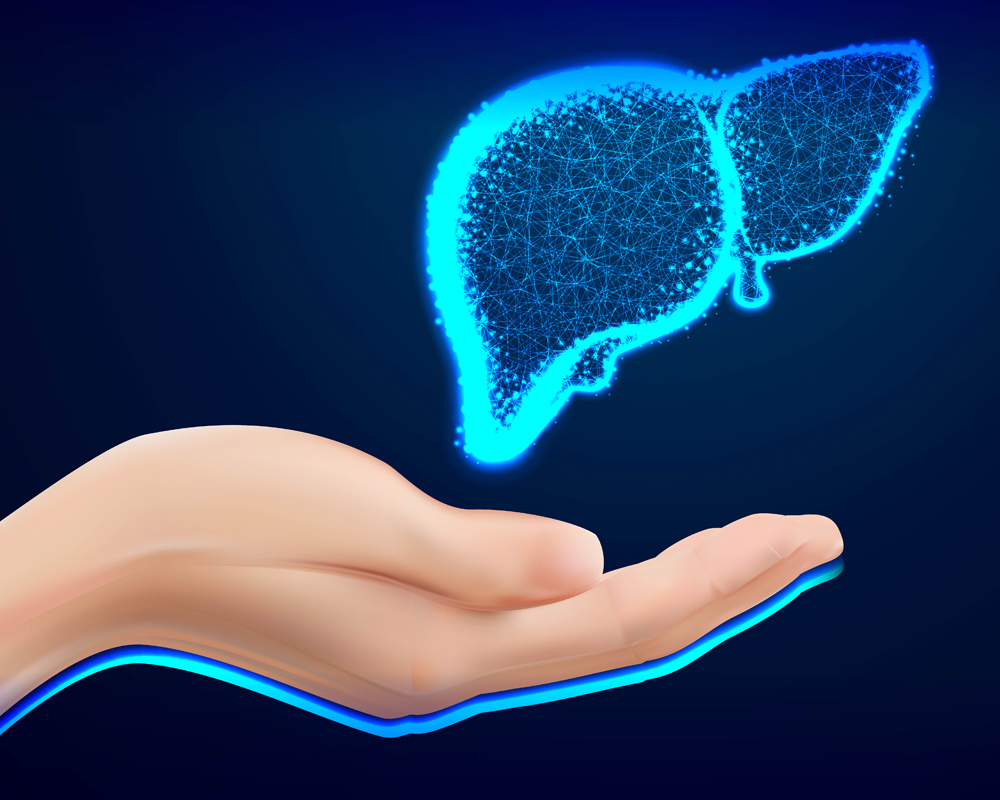
- August 10, 2022
- drsfurtimann
- 0
Fatty liver disease has two main culprits: drinking too much alcohol (alcoholic fatty liver disease) and eating too many calories (non-alcoholic fatty liver disease, or NAFLD), particularly when accompanied by an associated condition such as high cholesterol, obesity, or diabetes. Malnutrition and hasty weight loss have also been implicated in fatty liver disease. Both forms of the disease cause fat to build up in liver cells, and if left unchecked fatty liver leads to more severe liver damage, including nonalcoholic steatohepatitis (NASH), relentless liver inflammation and scar tissue, and an increased risk of liver cancer, failure, and transplant.Foods to Avoid for Fatty Liver
When it comes to foods to phase out for liver health, the guidelines follow the principles of other diet plans that work to protect against chronic conditions like heart disease, high blood pressure, and insulin resistance.
Limit or cut back entirely on:
High-fat foods (saturated fats like red meat and trans fats)
Added Salt
Sugary foods and beverages like fruit juices
High-fructose corn syrup
Fried foods
Processed foods
Refined grains like maida
Raw or undercooked shellfish
Alcohol
Partially hydrogenated vegetable oils
Reducing your intake of these foods will help whittle away your waistline and reduce (and reverse!) your risk of fatty liver disease. According to the National Institute of Diabetes and Digestive and Kidney Diseases, losing 3-5% of your total bodyweight can lower the buildup of fat in your liver, and losing up to 10% of your bodyweight can help reduce liver inflammation.
Avoiding sugary foods and favoring complex carbohydrates also helps to keep your blood sugar levels normal. High blood sugar levels increase fat buildup!
Foods to Eat for Fatty Liver
There’s no food group that’s off limits with a fatty liver diet. Choose from fiber-full whole grains, lean meats and fish, legumes, milk, eggs, and oils.
A fatty liver diet is much like a Mediterranean diet built around plant-based, antioxidant-rich foods, oily fish, and moderate portions of dairy, poultry, eggs, and fiber-rich carbs like millets, whole grains, rice.
In addition, be sure to stay hydrated with water, which helps to promote liver function! And here are a few more liver tips: caffeine and omega-3 fatty acids lower abnormal liver enzymes, so bring on the coffee and healthy fats!
Fruits:
Grapefruit
Lemons
Limes
Apples
Avocado
Indian gooseberry
Papaya
Tomatoes
Berries
Olives
Herbs and Spices
Garlic
Turmeric
Licorice root
Dandelion
Milk thistle
Veggies
Beets
Artichokes
Brussels sprouts
Cabbage
Broccoli
Spinach
Onions
Carrots
Arugula
Cauliflower
Nuts and Seeds
Walnuts
Almonds
Flaxseeds
Sunflower seeds
Beverages and Condiments
Water
Green tea
Coffee
Raw honey
Protein
Lean meat
Eggs
Low-fat dairy products
Fatty fish rich in omega-3 fatty acids (salmon and sardines)
Cooking oils with healthy fats
Olive oil
Avocado oil
Coconut oil
Ghee
Research shows that supplementation with essential amino acids can help you maintain a healthy weight and improve liver condition.
Diets high in fructose have been linked to both obesity and fatty liver disease. Supplementing with essential amino acids can help prevent NAFLD even when fructose intake is high, which makes for a worthwhile nutritional intervention.
Amino acid supplementation can also help lower triglycerides that put your heart, liver, and other organs at risk.
Don’t Forget Lifestyle Changes
In addition to eating a balanced diet, consider adopting healthy lifestyle habits like regular exercise at least 3-4 times a week to keep blood sugar levels low, your heart healthy, and ideal weight.
Stress is also a risk factor in fatty liver disease. Stress raises cortisol levels, which increases the amount of fat your body stores, so engage in stress-management activities like mindfulness and yoga.
